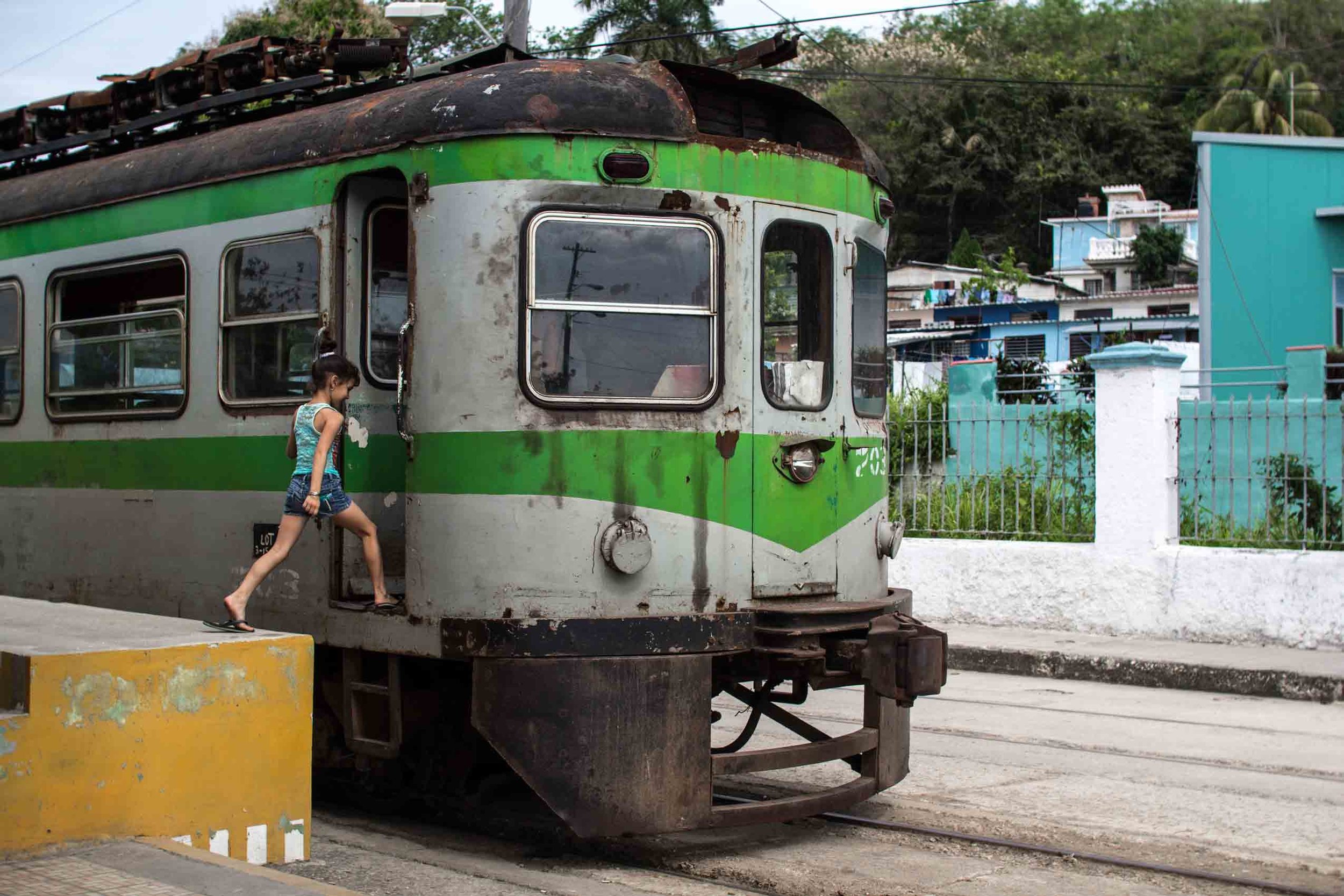
I’m not sure if the words “charm” and “communism” have made their way into the same sentence too many times before. The word “communism” doesn’t evoke positivity, especially for those of us in the West who have learned that everything about it is nothing short of satanic evil. There are five communist countries left in the world: North Korea, Laos, Vietnam, China, and Cuba; and they each have a unique story.
Out of those five, North Korea is the most closely connected with the former Soviet communism that we often think of. Laos has a unique iteration of communism, and is one of the most relaxed places on earth. Vietnam is a dynamic country on the up, full of entrepreneurship and optimism. China is an economic wild west with a very competitive business climate.
And lastly, there is communist Cuba—a country very poor in resources and economy, but very rich in culture and human connectivity.
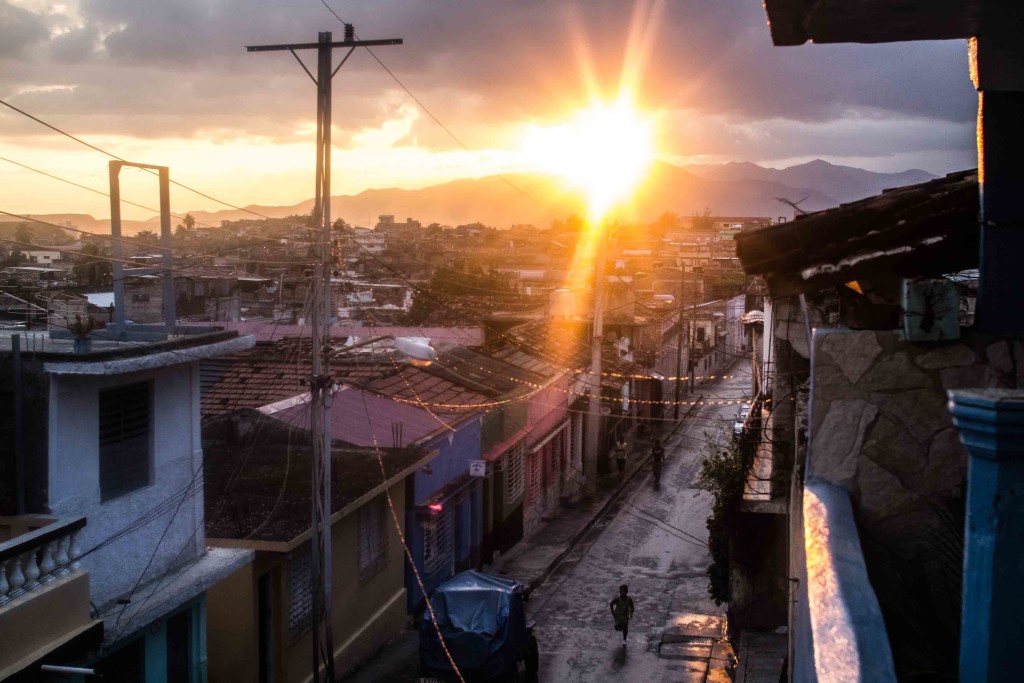
I left Cuba a couple of weeks ago. If you haven’t been, I’d strongly recommend going there as soon as possible—before things change.
Despite all of Cuba’s hardships, restrictions, and the low standard of living, it has something special that the western capitalistic world doesn’t—a sense of unity, a “being in it together” feel that can’t be found in a western capitalist ideology focused on the individual.
Cubans mostly exist at the same status. Competition is at a much lower level than it is in a capitalistic system. There just aren’t opportunities to compete for. And there aren’t many resources to obtain in the first place.
Therefore, Cuba doesn’t have a huge class divide to fuel a “keeping up with the Joneses” mentality. A race to get ahead in this lifetime doesn’t exist.
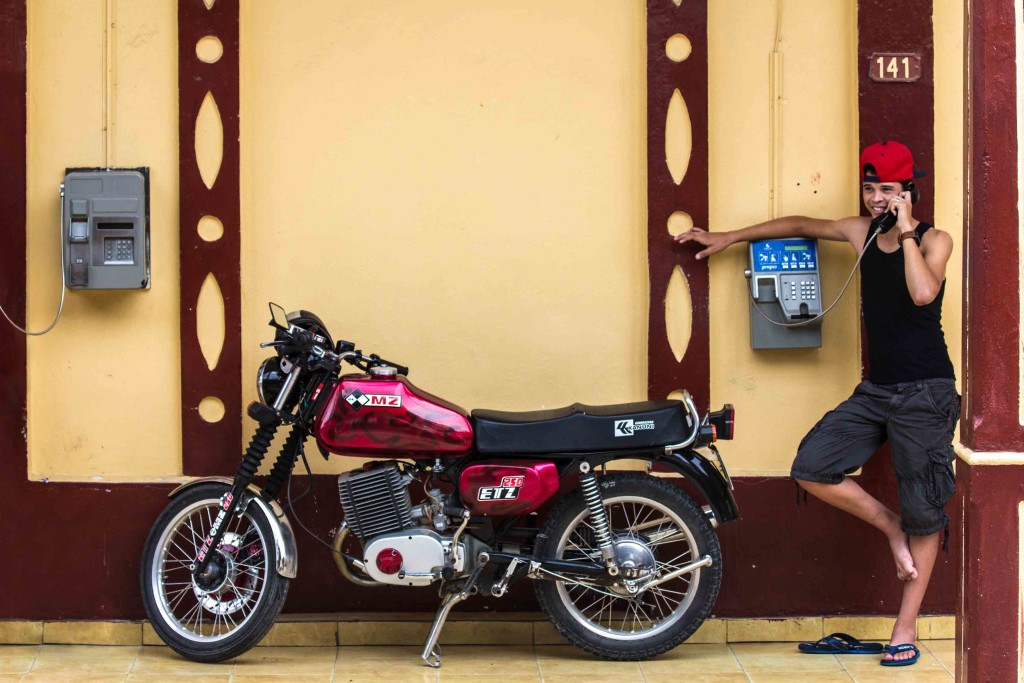
And apart from a few Wi-Fi zones in the cities—where people can connect to the Internet with their smartphones (most likely Skyping with a relative in Miami)— the country has few electronic distractions. Kids’ heads are up, and they engage with one another while kicking soccer balls or creating imaginative entertainment. Human interactions are the distractions, and these distractions often revolve around music, dancing, talking, and playing. Nobody is trying to squeeze more time out of their Google Calendar.
In the West we often have to manufacture community in a planned setting, like an event or a bar; in Cuba, life is a community.
And Salsa is god.
Kids run in and out of open doors; life is spirited and out in the public. Often there isn’t a defining line in between apartments and the streets; a constant flow of humanity moves in between the two spaces followed by music and the smells of food. Havana is not a typical big Latin American city—with broken glass cemented to the top of walls, or electric fences and metal bars on every window; it’s a transparent city—it’s a relatively safe city without a hard edge.
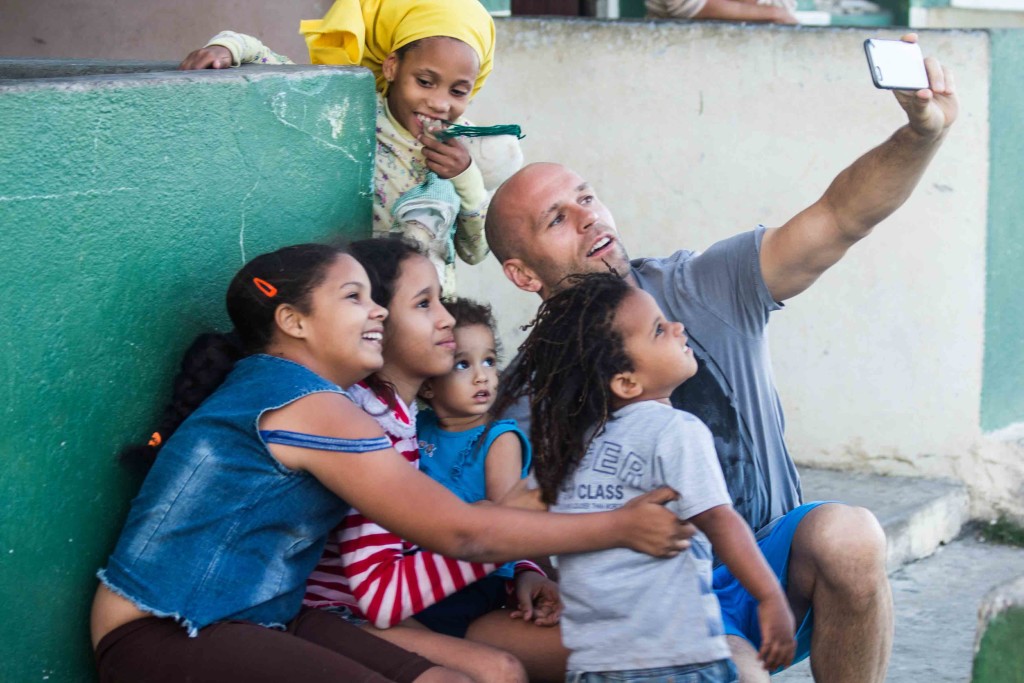
Sanctions have kept most western products out of the country. The only western food product I saw was Nestle (I wonder how this works?). This has forced Cubans to become very resourceful and to share with one another; they can fix just about anything without much to work with.
Cuba still has pre-1960 classic American cars from before the embargo. Most of them bang along with some ancillary parts from a Russian car, or a custom-made piece of metal that originally came from something like an old refrigerator. I’m sure finding a USB cable can even be a grind, but someone will be able to fabricate one.
People’s teeth are good. Healthcare is free: this lessens stress about health-related issues because nobody has to worry about battling insurance companies. Education is also free.
McDonalds and chain stores don’t exist in Cuba, and their absence adds to its charm. The lack of religion is refreshing for a non-religious person, especially after being exposed to the dominant Catholic Church presence in Latin America.
And as odd as this sounds, there is a freedom of choice by not having much choice….
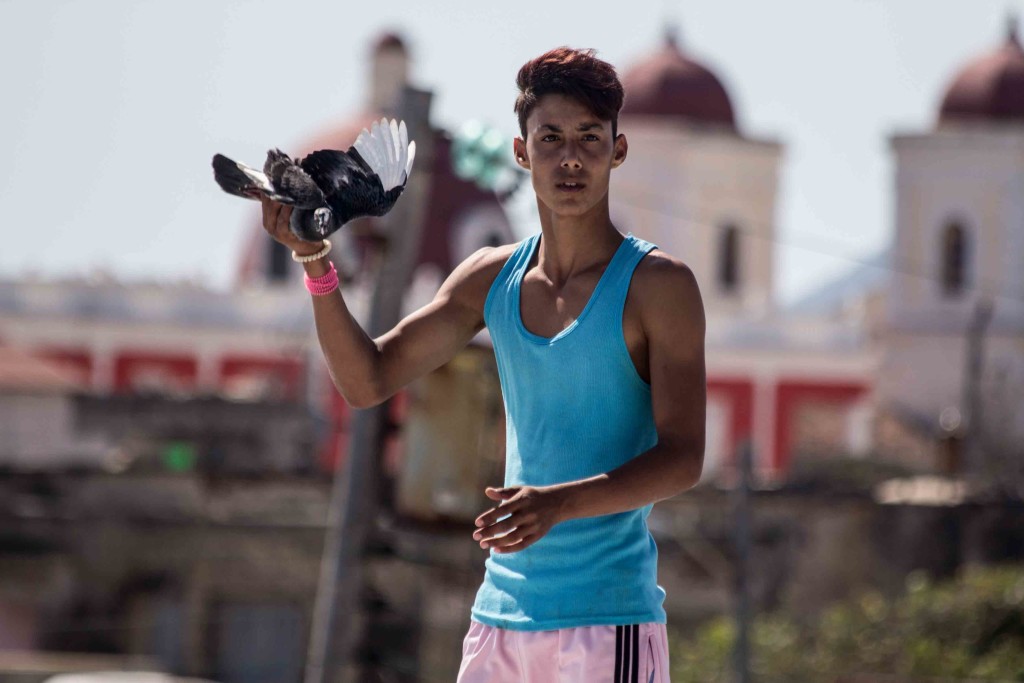
But communism obviously has myriad problems, and people want change. They want opportunity. They want to be able to express themselves politically. They want freedom of choice. They want to be able to buy things like they see on T.V. They want to catch up with the rest of the world.
Truth is in action. And given the choice, very few people living in a capitalist system would choose to live in a traditional communist system, while most people in a traditional communist system want to live in a capitalist one. Immigration patterns move a certain way for a reason.
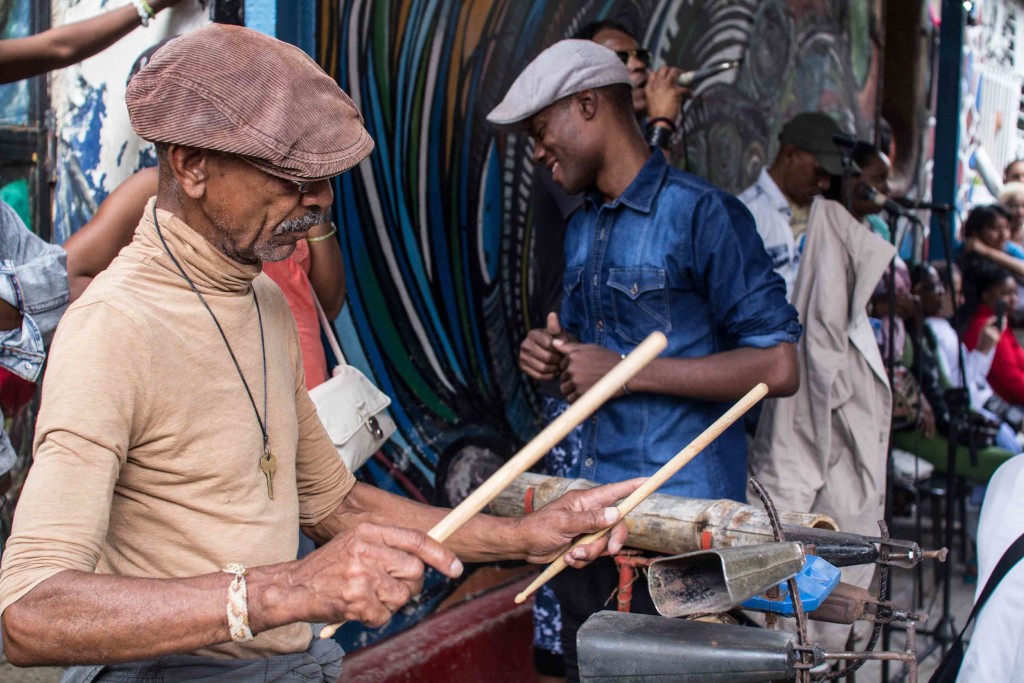
I worked at a farm in the countryside where most of the crops go to the city. The people in the countryside are disdainful toward the residents of Havana. They feed the city with the fruits of their hard labor, but they feel they receive nothing in return.
Capitalism will negatively affect social cohesion more in Havana than in the countryside; in the countryside, society keeps an eye on one another, while in the city, individuals can get lost in numbers.
In a nutshell, the current system is exhausted and broken; the government is broke and limping along. The country needs foreign investments and a free market to avoid going down a vortex of poverty.
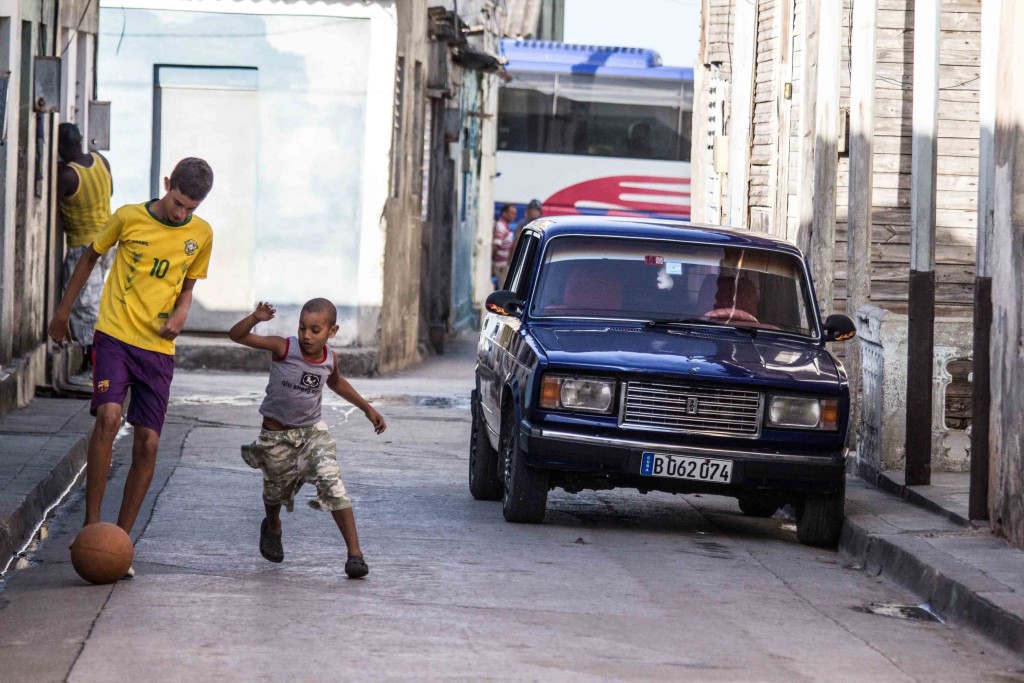
Cubans want the things that capitalism brings, but few of them understand how this change will manifest itself. They believe they can adopt the good of capitalism while keeping the communal nature of communism. People don’t understand that hanging out at the neighbors’ house during an unannounced visit for endless hours—keeping doors wide open in Havana, and embracing the calmness that comes with not having to choose what to do, or fight with time—doesn’t mesh well with capitalism.
They don’t understand that something needs to be removed for something to be gained. And as competition becomes fiercer and the safety net weakens, an abundance of products and choices will replace the abundance of time.
As capital floods in, so will the opportunities. These changes will monetarily reward those who are driven, savvy, and hardworking. Those who add more value to others in a material sense through what they sell or how they serve will become wealthier. Those who don’t will be left behind.
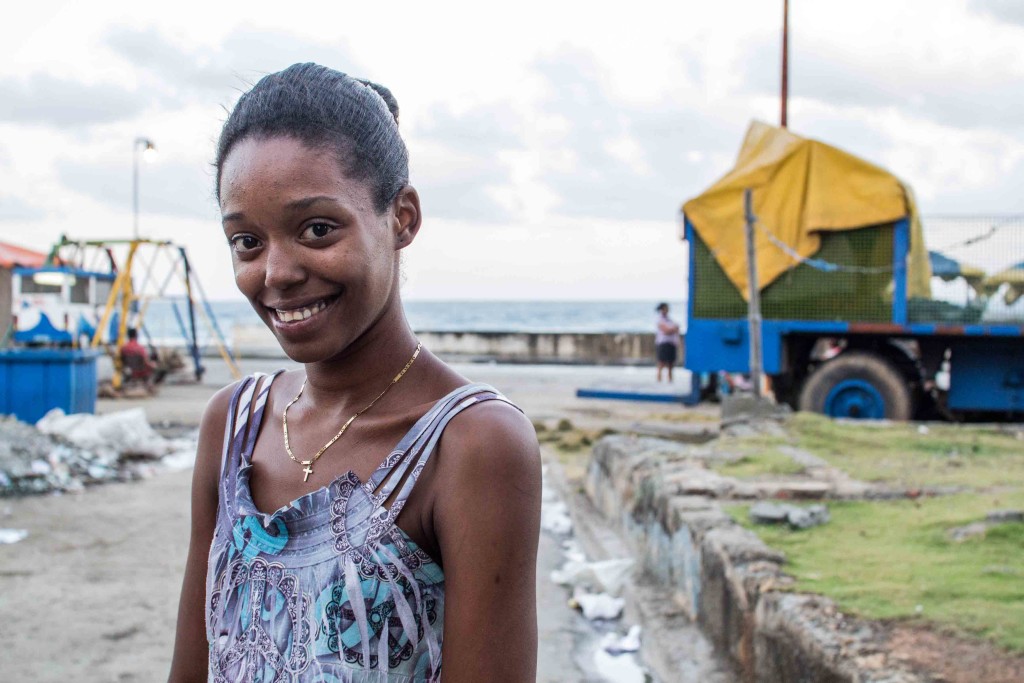
Class division, envy on the streets, and less free time will become more prominent. In Havana people will have to protect their possessions, doors will start to close. For some without resources, the desire will be far too great to not try to steal from those that do. Cars will fill up the empty side streets that kids once played soccer freely in. The digital world will pull eyes away from the human world.
There will be more homeless people and drug addicts.
Everyone loses monetarily in a communist Cuba, but at least they’re all on the same team. Capitalism will force there to be winners and losers. The economy will win, and many people’s living standards will improve, but Cuban society as a whole, especially in Havana—its organic cohesiveness—will take a loss.
And without the communist system, Cuba’s unique charm will deteriorate.
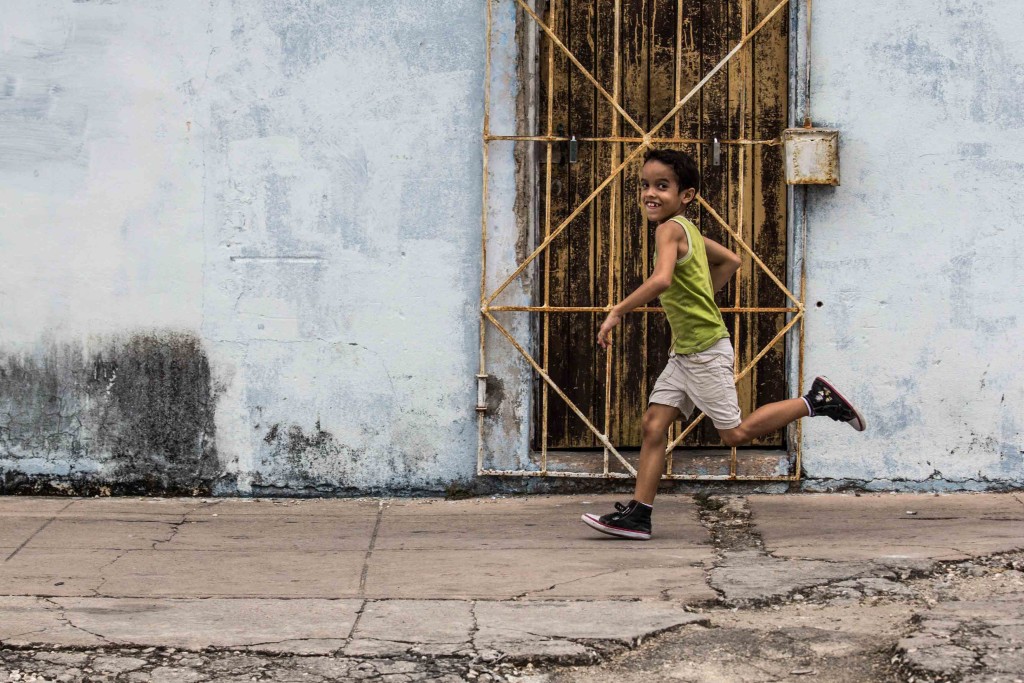
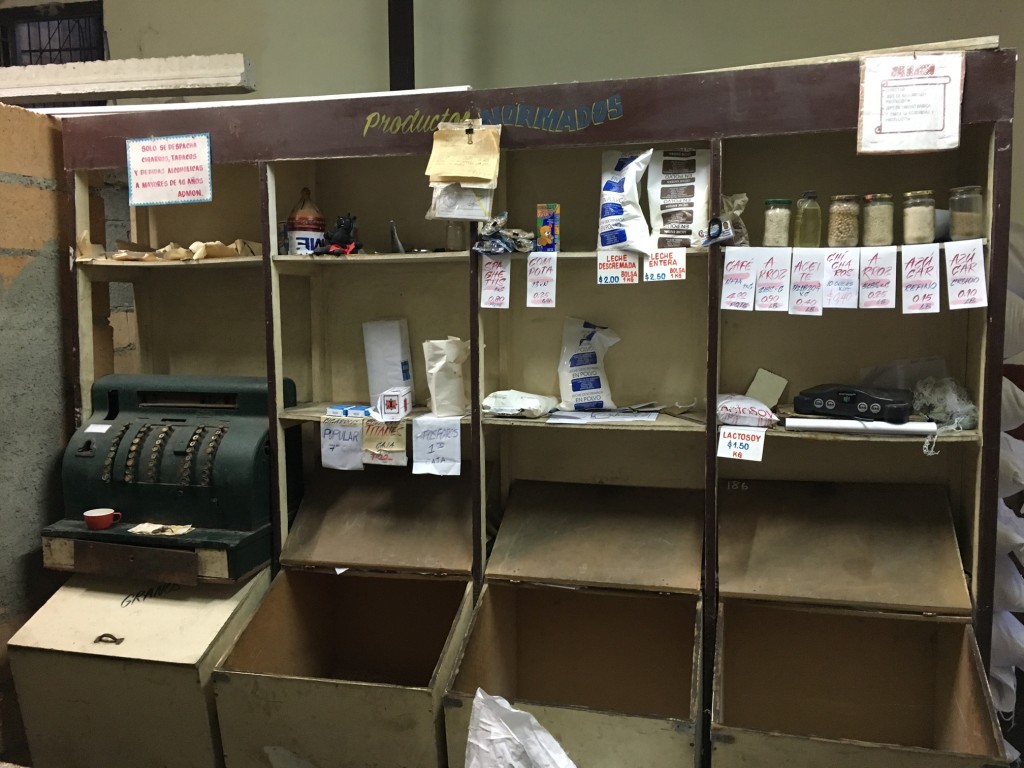
After flying out of the time warp, Havana, I landed in the monster, Mexico City. I observed a man walking through stopped traffic who had a larger selection of products for sale on his chest than a 1000-square-foot government store in Cuba.
Choice and advertisements screamed for everyone’s attention… the traffic and pressure intensified. It felt good to be back around abundance, I anticipated drinking black tea that wasn’t some weak government-produced Cuban muck. I was excited for culinary diversity.
But to get something, something must go; this is the law of nature. The charm of communist Cuba was no longer in the air—competition, choice, and the pressure to accelerate had replaced it. Mexico City made it feel like anything was possible, with tall sparkling skyscrapers shooting up into the sky—the embodiments of capitalistic success.
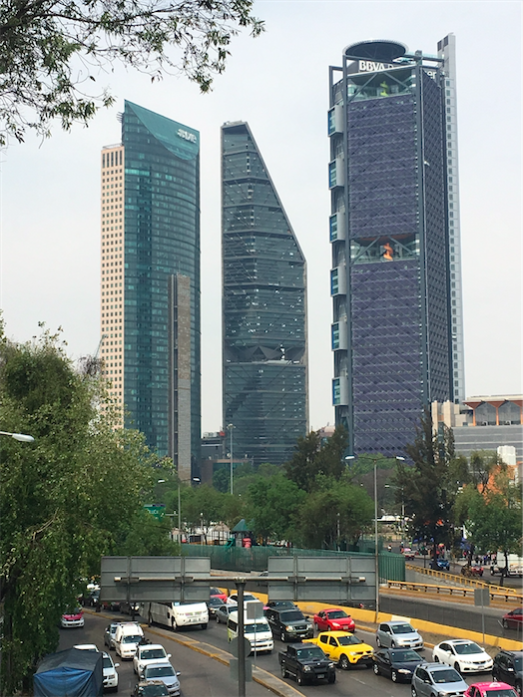
Havana stood a world away—innocent and full of charm, unlocked and poor. The weight of the world is about to fall onto that unique city; changes will happen for better and worse. But one thing is for certain: the unique charm of Cuban communism has a fast-approaching expiration date, and it’s not in the too-distant future.
I was fortunate enough to use my friend Claudia Chiatellino’s photography whom I traveled with during some of my time in Cuba. She has an amazing talent of opening people up in front of her camera and capturing a beautiful moment.
All of the good photos in this post are hers. If you want to see more of her work visit here.
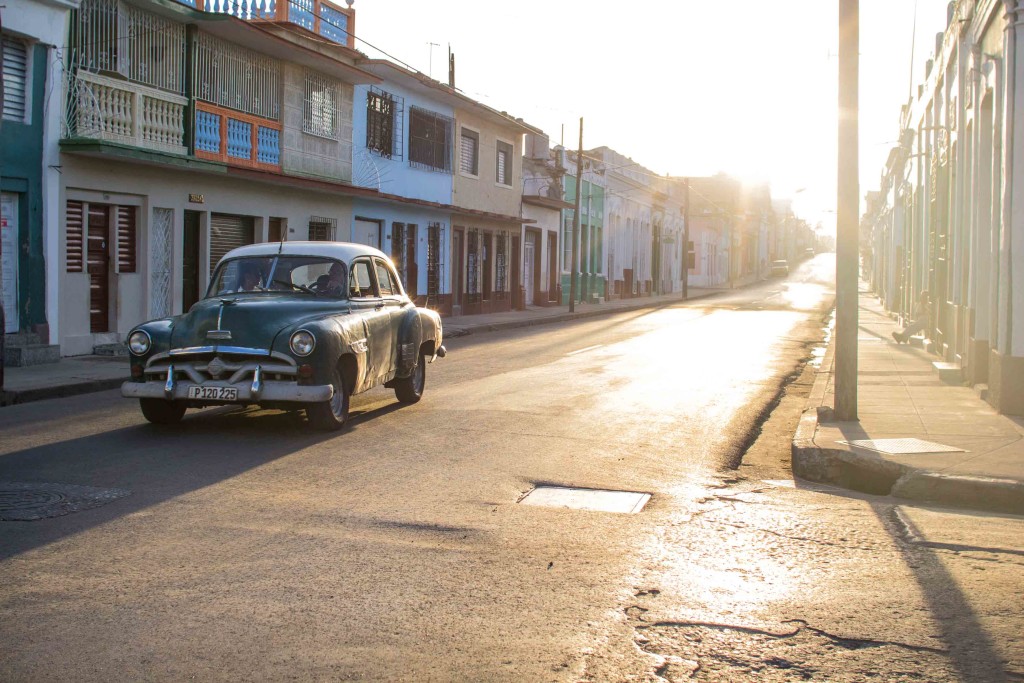
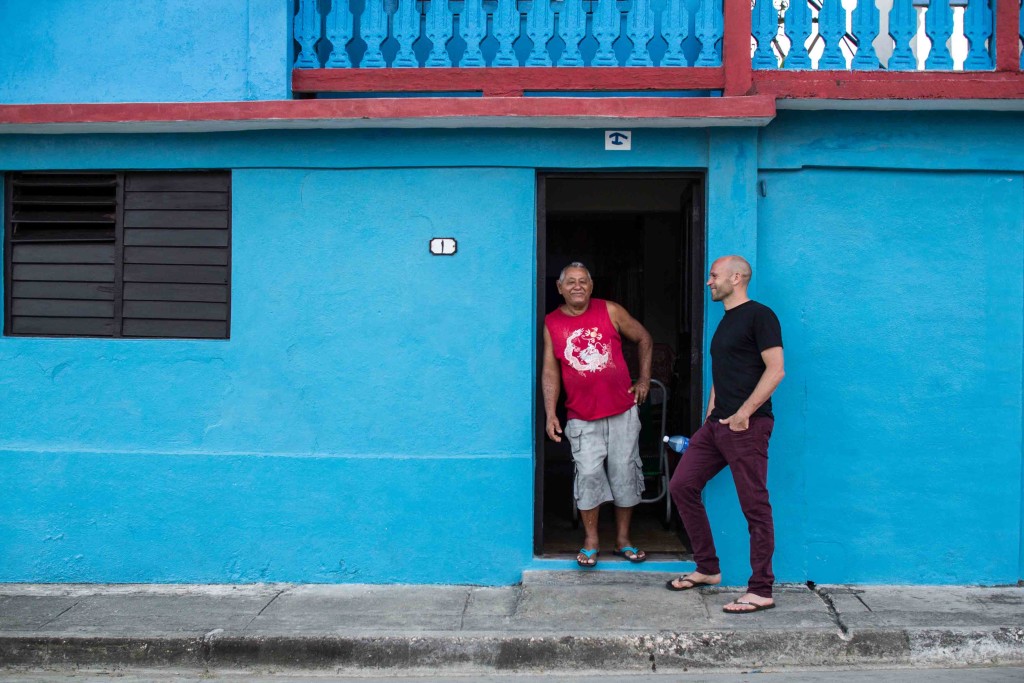

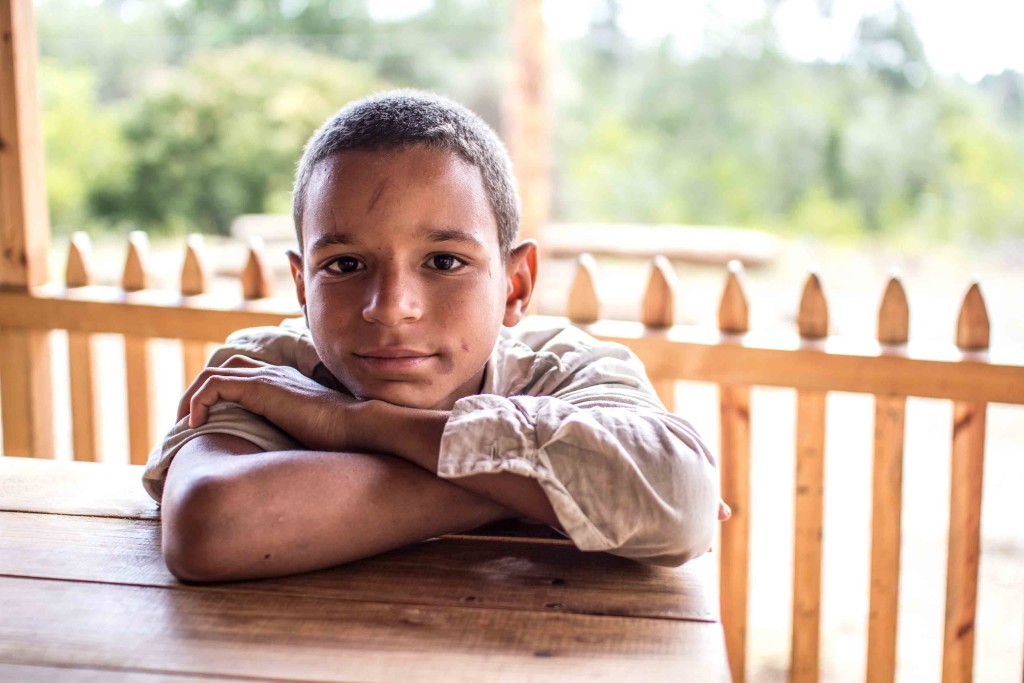
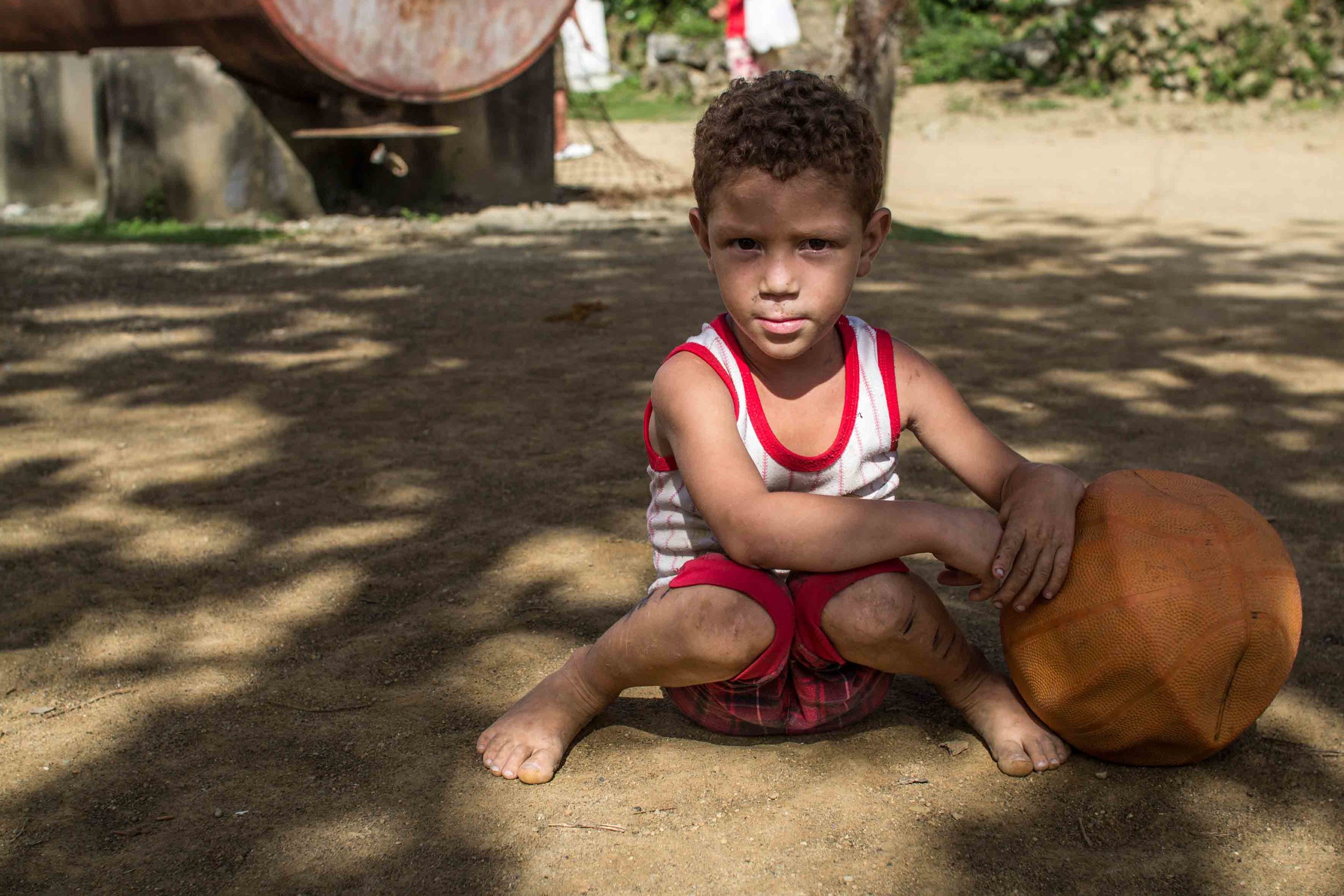
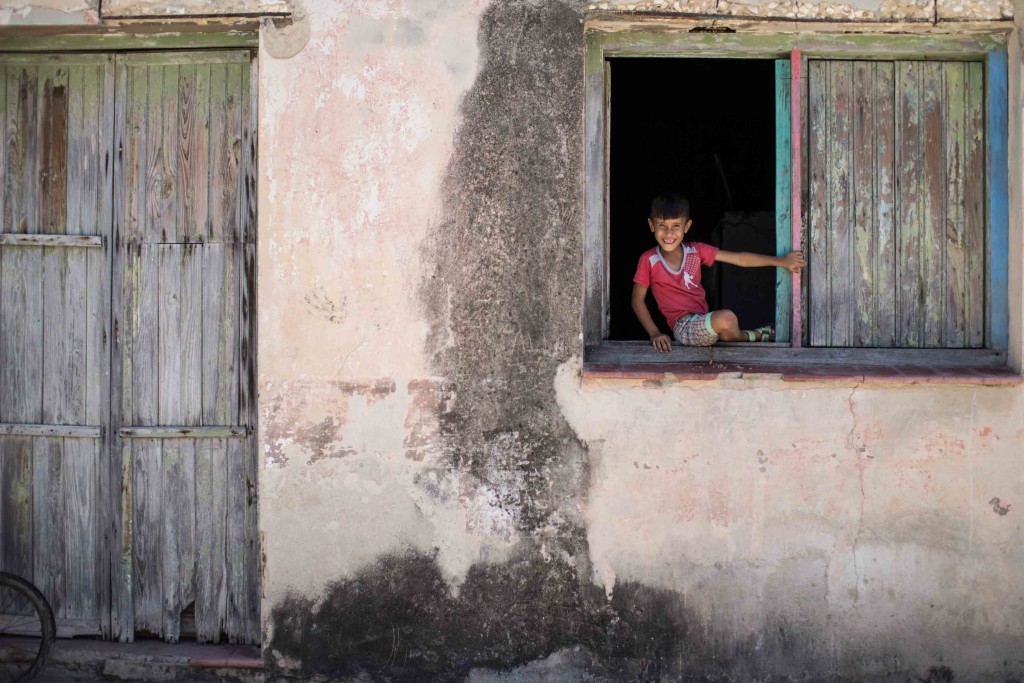
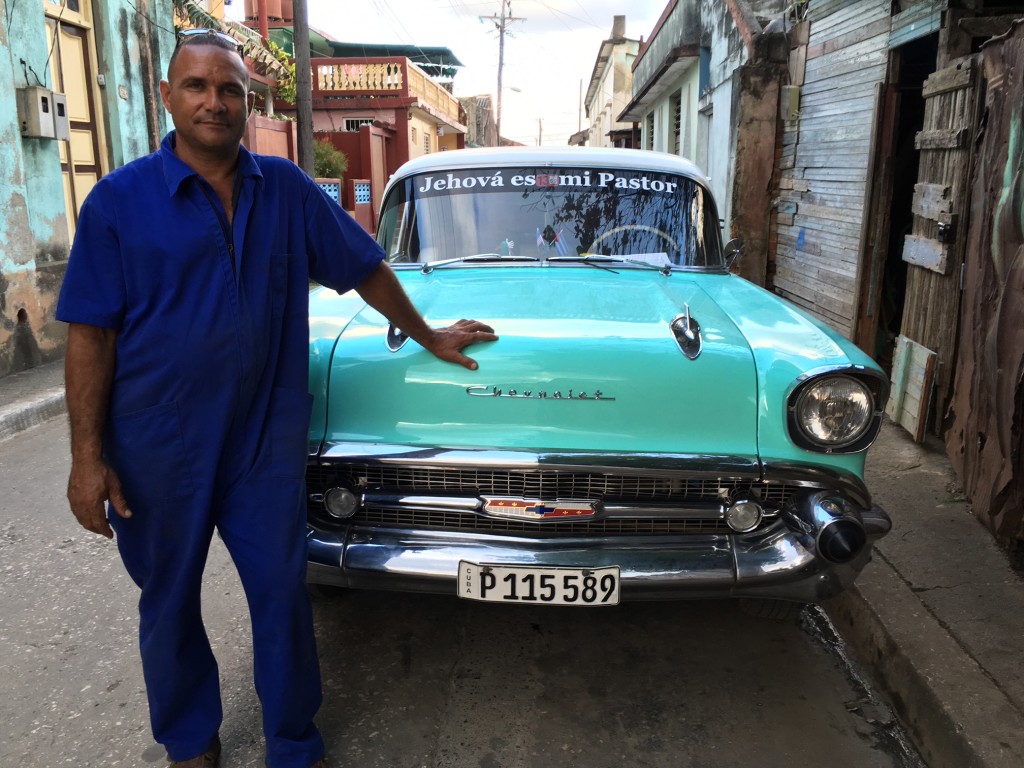
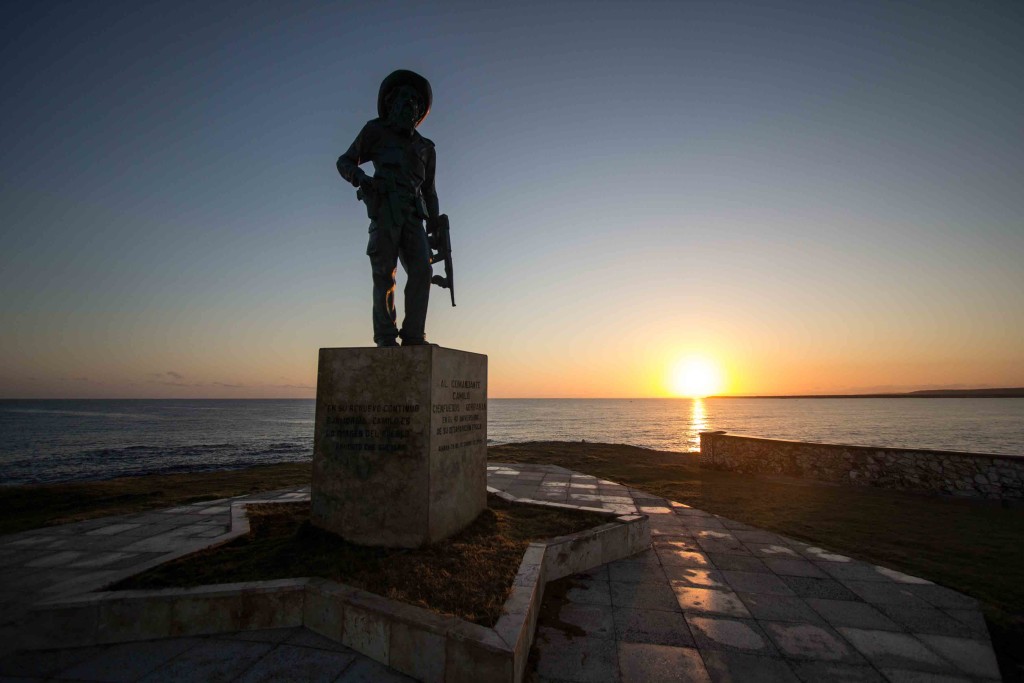
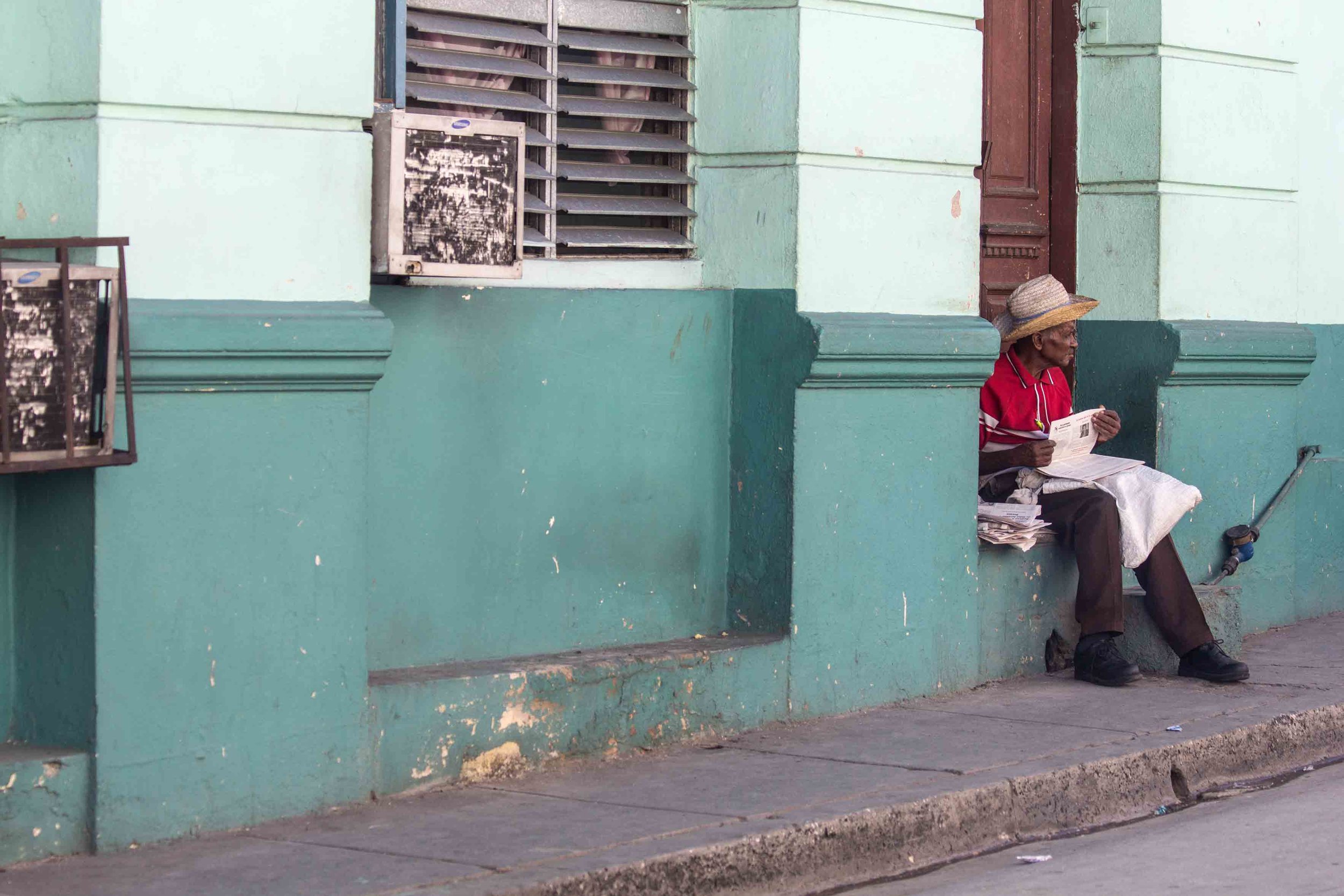
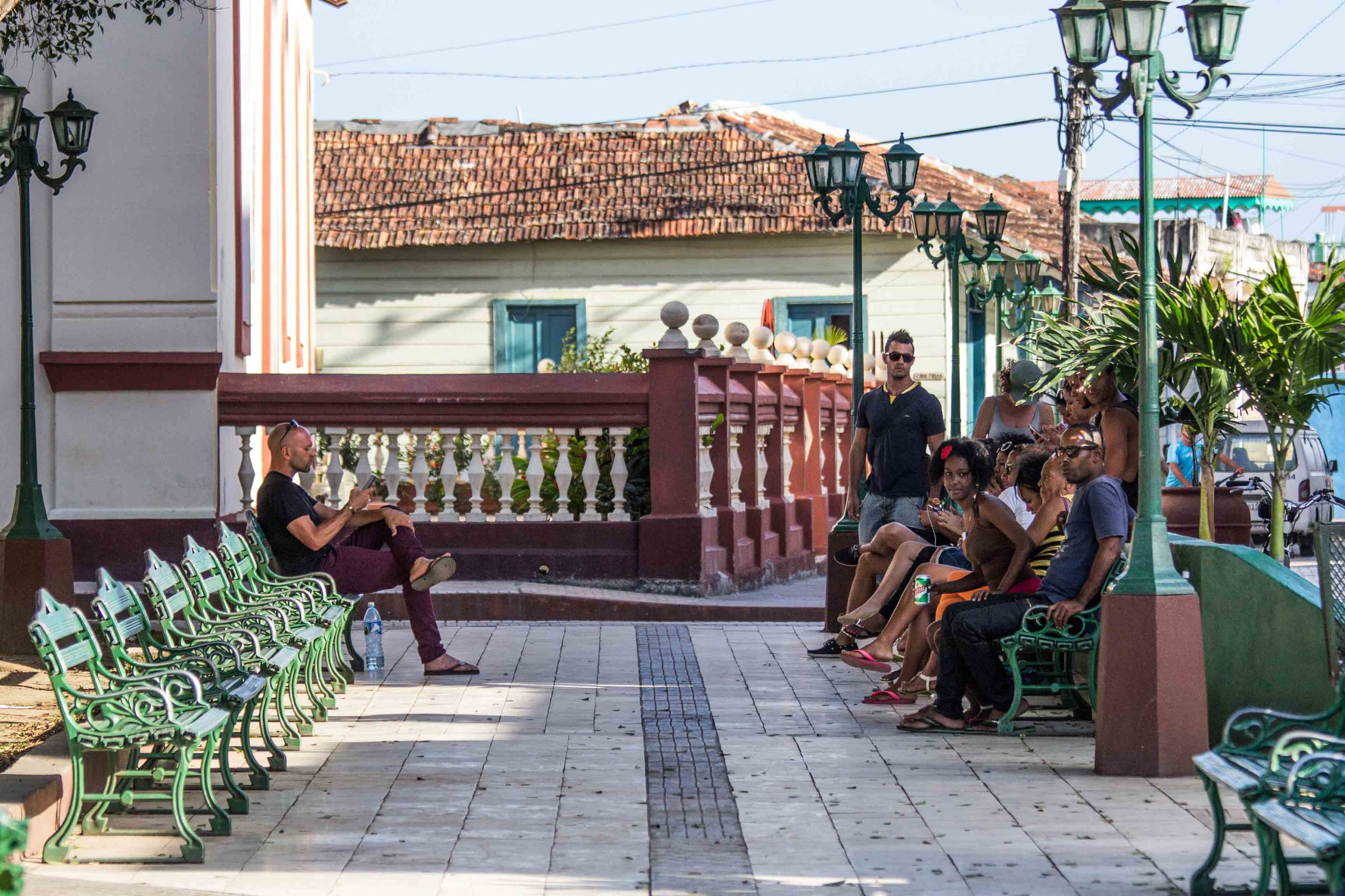
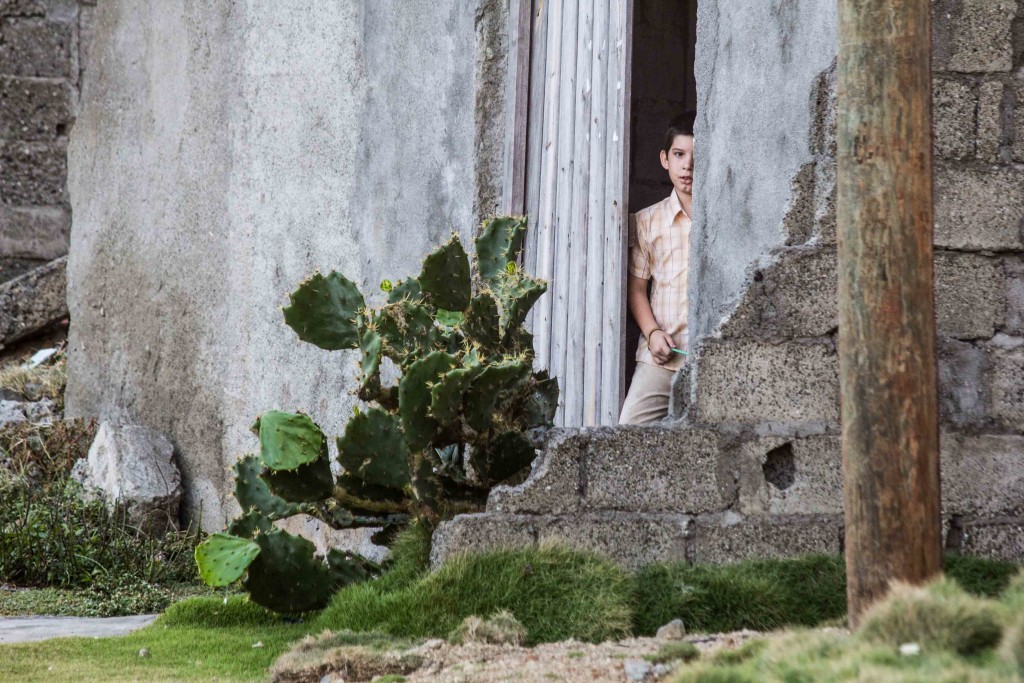
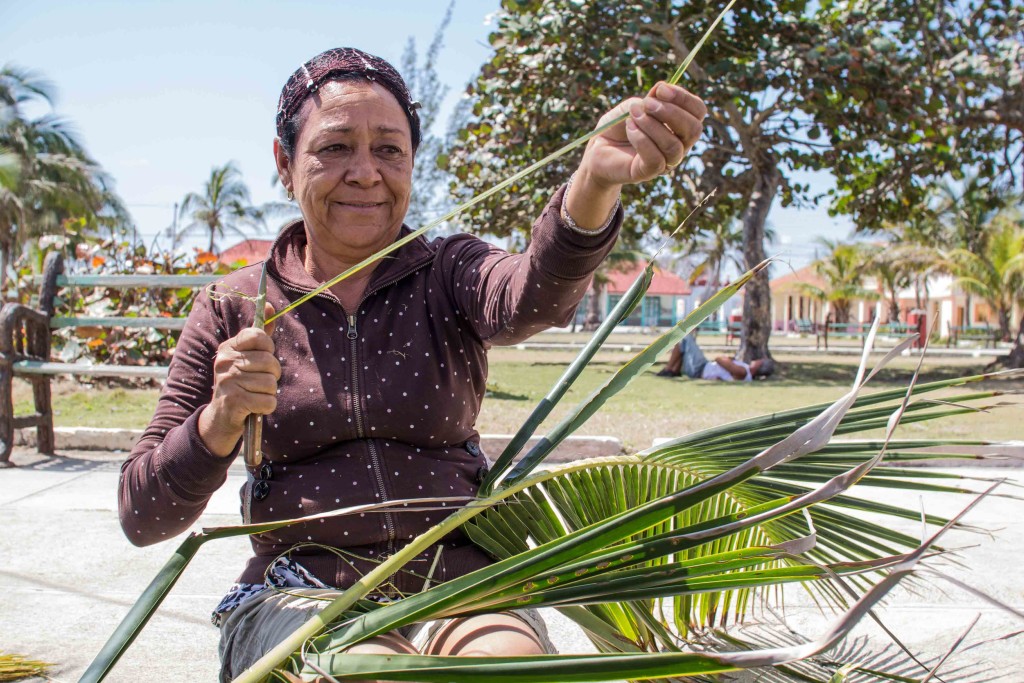
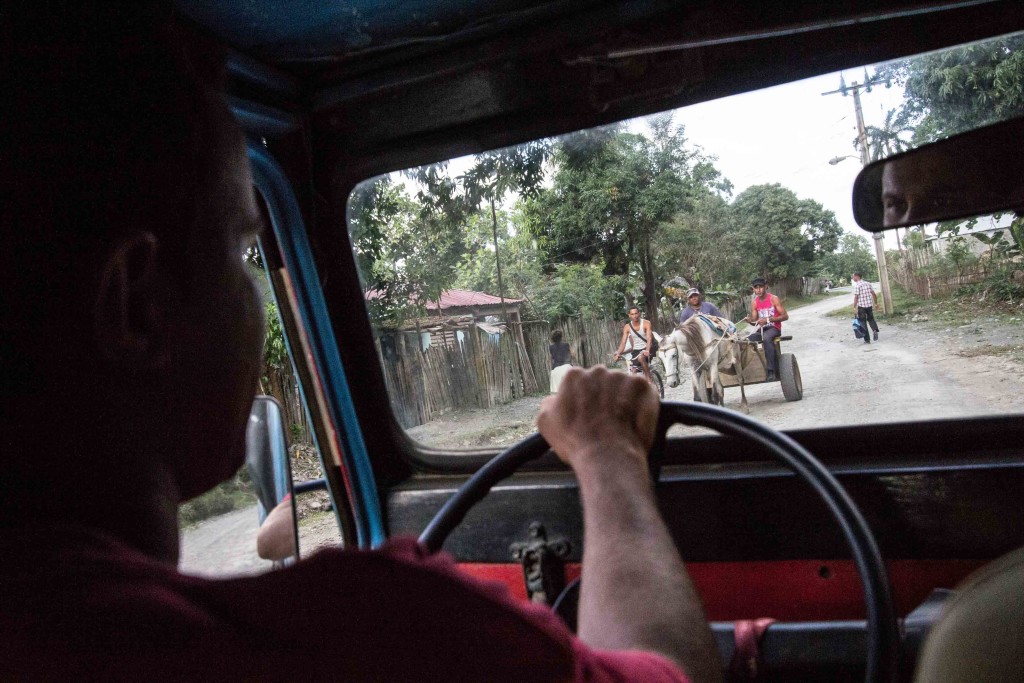
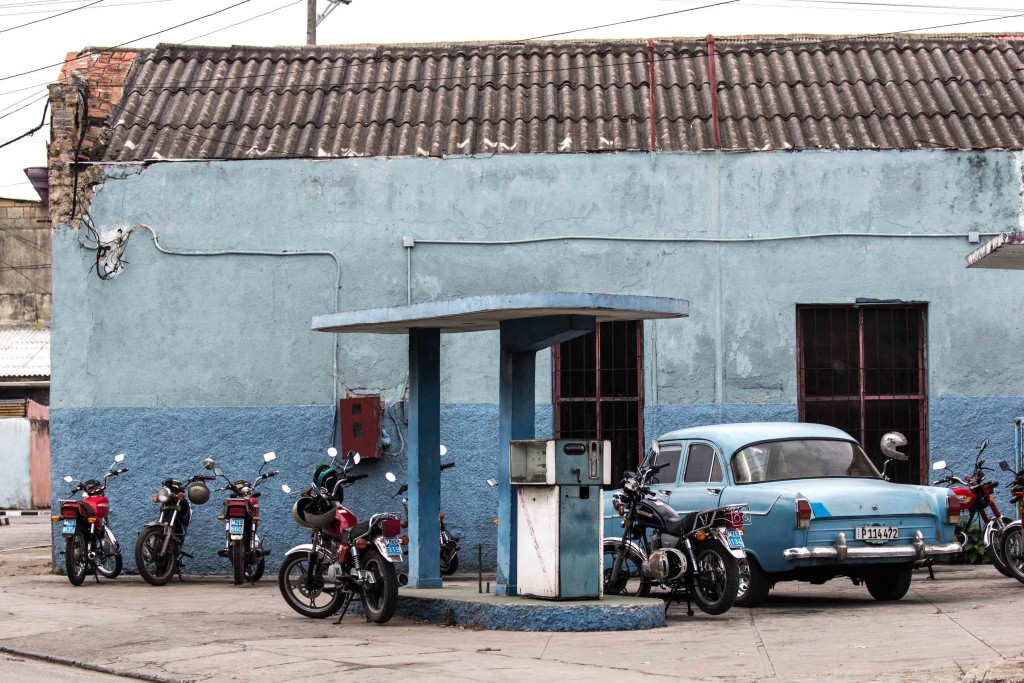
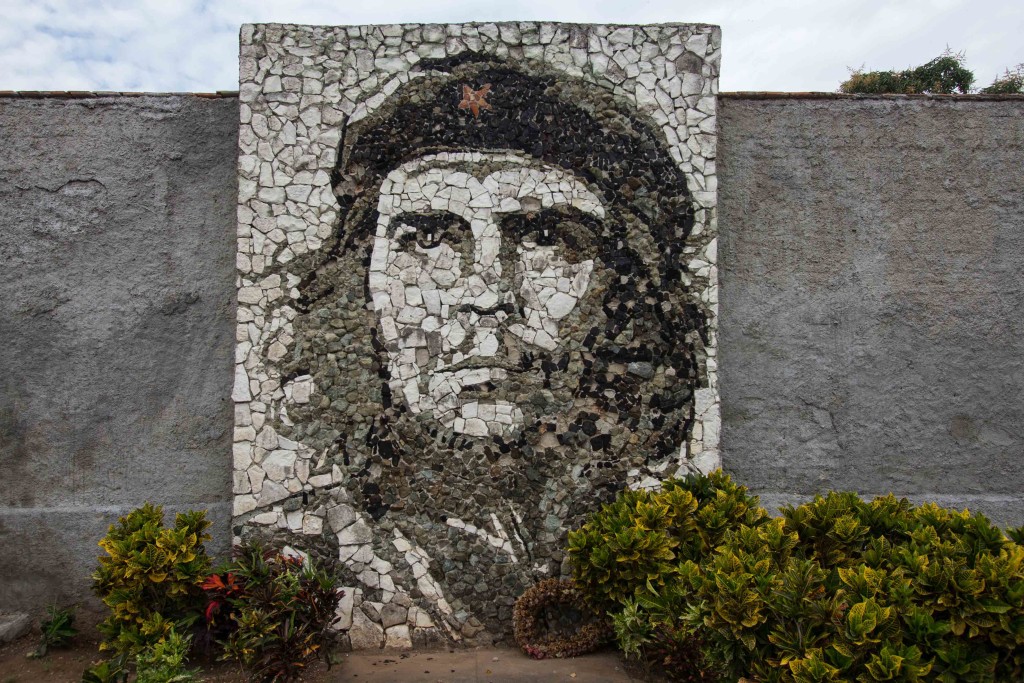
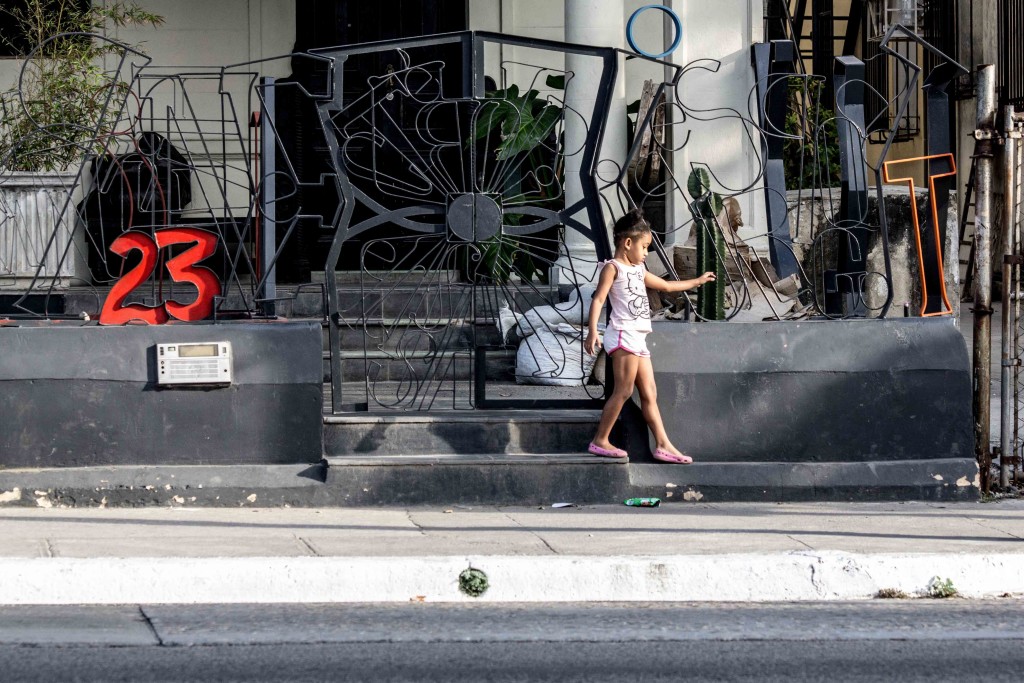
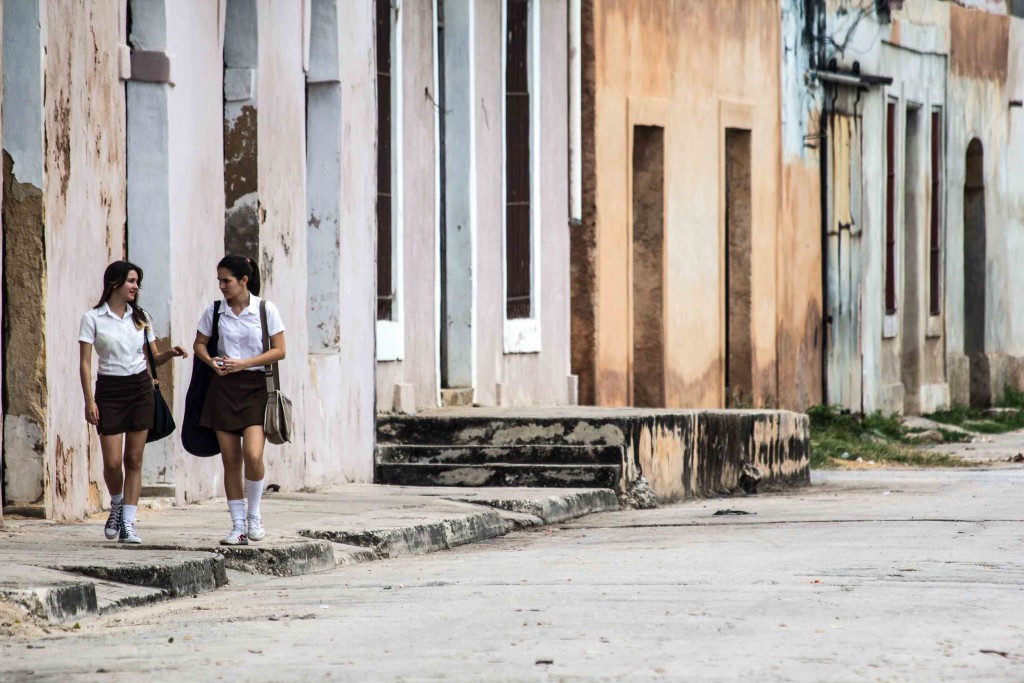
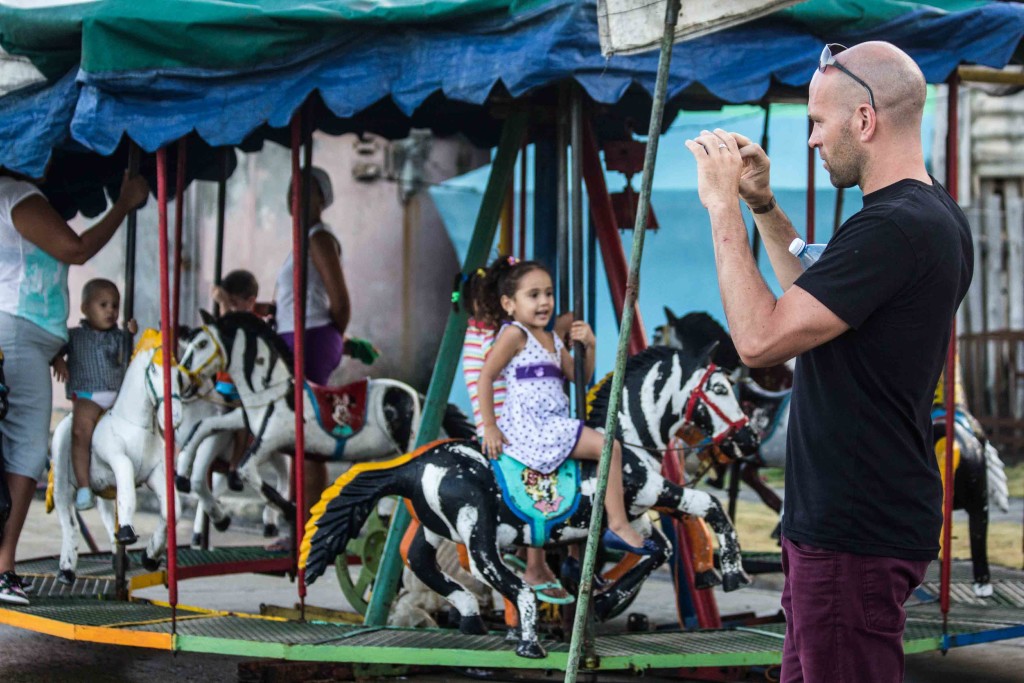
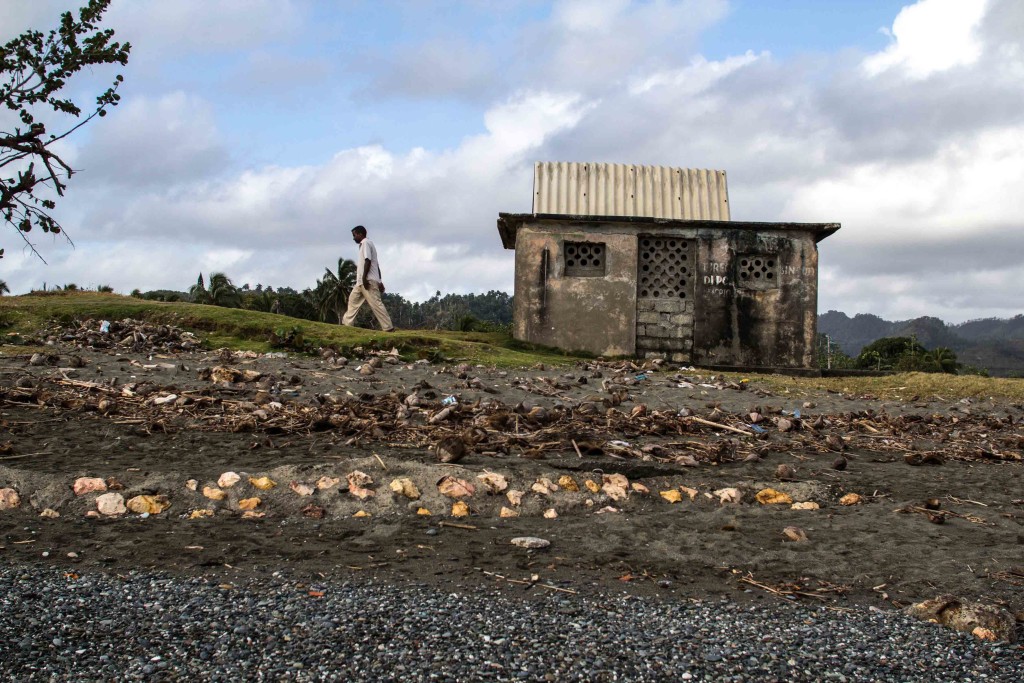
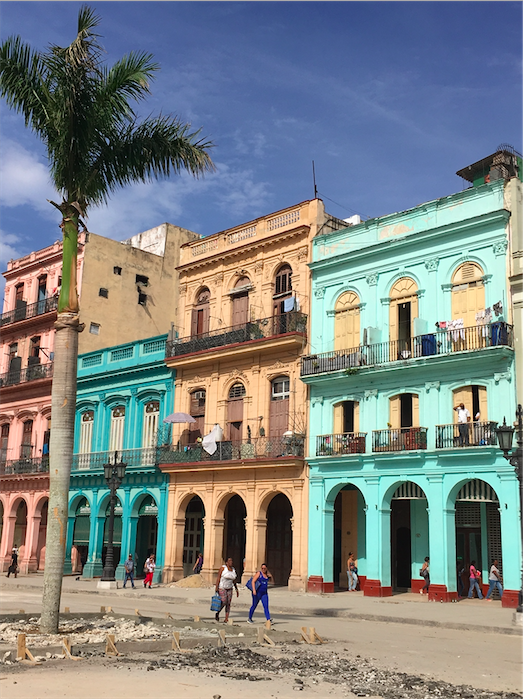
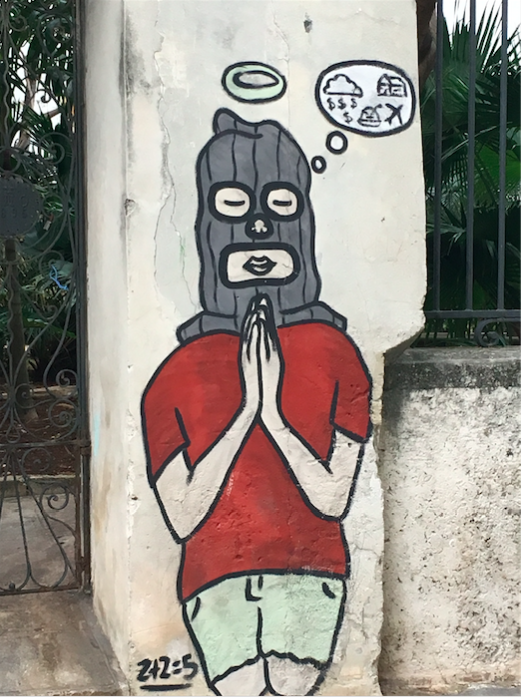
If you’re interested in more content from CUBA and the WORLD visit these links below: